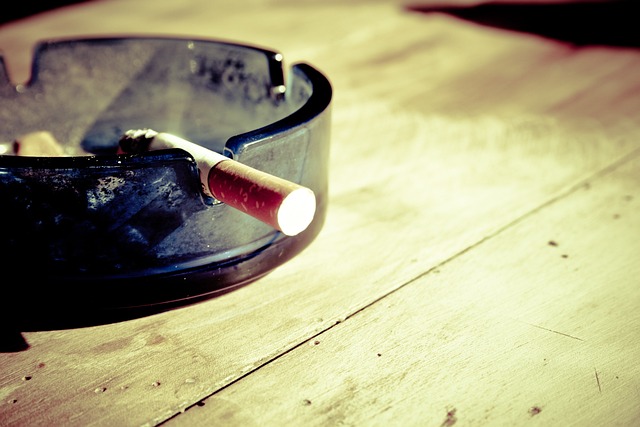The number of food safety alerts and fraud investigations exchanged between European member states went up in 2023.
The European Commission, which manages the Alert and Cooperation Network (ACN), said there was a significant increase in notifications compared to 2022.
The network includes the Rapid Alert System for Food and Feed Network (RASFF), the Administrative Assistance and Cooperation Network (AAC), Agri-Food Fraud Network (FFN) and the Plant Health Network (PHN).
There was an 8 percent rise in RASFF notifications to 4,695 notices, of which almost 4,200 mentioned food. The most notices by origin involved Turkey, China, Poland, India, Netherlands, and France.
As in previous years, more than a third of notifications were border rejections, involving mainly pesticide residues in fruit and vegetables from Turkey, followed by Egypt and India.
More than 150 notifications were for Salmonella in poultry products from Poland. 85 alerts mentioned aflatoxins in nuts and seeds from the United States.
Pathogenic microorganisms were the second most common hazard category in food. Salmonella was the most frequent, followed by Listeria monocytogenes, E. coli, and norovirus, all primarily in products of animal origin.
There were 48 foodborne outbreaks posted in RASFF. Norovirus was identified as the probable cause in 17 cases, Salmonella in 11, Listeria in five, histamine poisoning in two, and E. coli in two cases. Eighteen incidents involved multiple countries.
As part of investigations into a multi-country Salmonella outbreak traced to chicken kebab from Poland, defects on traceability were also detected and a suspicion of forged labels was raised. Two notifications were created by Poland to investigate the fraud angle of the cases.
Data analysis on kebab products revealed 61 cases across RASFF, AAC and the FFN in 2023. One issue was undeclared meat species such as chicken, turkey or horse. Eleven alerts had a suspicion of fraud. Some notifications were related to meat substitution with the presence of chicken meat, turkey, pork, and horse meat in kebabs.
The Administrative Assistance and Cooperation system allows member states to notify violations of EU food safety legislation which do not constitute a health risk. There was a 24 percent increase with 3,166 notifications.
The majority were linked to non-compliant fruits and vegetables, mainly due to pesticide residues, followed by mislabeling, such as unauthorized health claims for food supplements. Germany created the most notifications, followed by Bulgaria, and Austria.
The Agri-Food Fraud Network (FFN) registered a 26 percent rise in notifications, with 758 fraud suspicions. Belgium, Germany, and France notified the most. The illegal trade of cats and dogs remained a major issue. Other suspicions related to meat substitution, honey adulteration, and mislabeled olive oil.
The most notified product category was meat and meat products other than poultry. Common issues were ingredient or species substitution and misleading labeling.
Live animals (excluding pets) were the second most reported category and like in previous years, it concerned mainly horses. Fraud suspicions were divided between smuggling and forgery of mandatory documents, like animal passports and health certificates.
Honey and royal jelly remained in the top three notified product categories. The main practice notified was adulteration of honey by dilution with sugar syrups. An increase of cases on fats and oils was seen. The majority concerned quality or mislabeling, where lower quality olive oil was sold as extra virgin olive oil.
The top reported suspected fraud for fish products was substitution with lower value species or undeclared addition of water. The EU Commission has started planning an EU Coordinated Action on short weighting of fishery products. Short-weighting is when there is a misrepresentation of the weight by including any extra weight gained through various practices to the net weight. It will focus on practices such as the use of undeclared glazing, water addition, additives, and breading.
Also, 1,075 AAC notifications and 1,625 RASFF alerts were flagged as potential fraud, prompting deeper inspections or investigations by member states.








